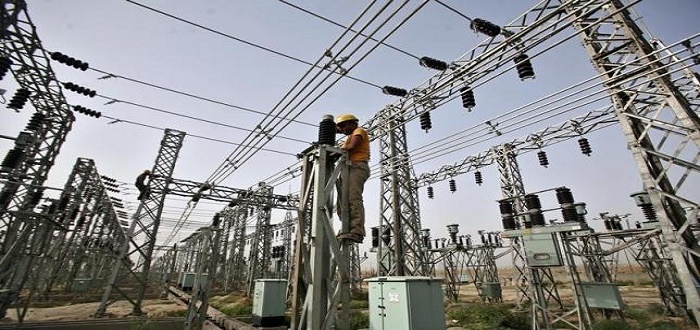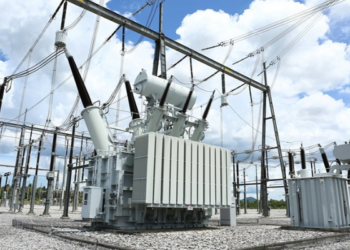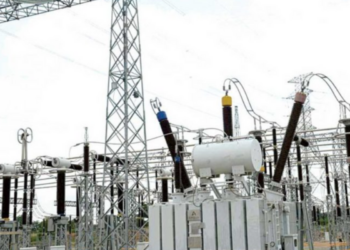A survey recently released by the Manufacturing Association of Nigeria (MAN) revealed that expenditure on self-generated energy in the manufacturing sector increased by about 122% from N58.82 billion in 2015 to N129.95 billion in 2016.
According to the report, the inconsistency in electricity supply from the national grid led businesses to adopt self-generated energy. According to the report, manufacturers were supplied electricity by the grid for an average of eight hours.
It also stated that the rising expenditure on independent power generation and indiscriminate increase in electricity tariffs were the causes of the high cost of production in the sector, making it difficult for Nigerian-made products to compete well with imported goods in terms of pricing.
The report added that the macroeconomic challenges such as shortage of foreign exchange, high lending rate and exclusion of vital manufacturing raw materials from the official foreign exchange market as well as declining household consumption due to inflationary effect on household incomes were the major economic problems during the said period.
The report, however, identified the preferential forex allocation to manufacturers by the Central Bank of Nigeria as what was responsible for a positive change in the sector in the second half of the year.
In its recommendations, MAN advised the government to re-visit the power sector reform and fully implement the power sector road map to improve the efficiency of the generation, transmission and distribution companies. MAN also recommends that the government re-classifies the manufacturing sector into strategic gas users from the current commercial classification.


















